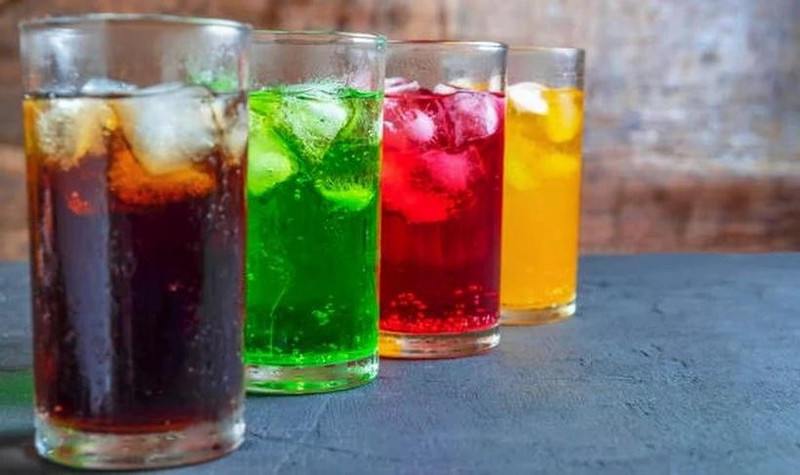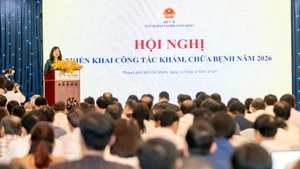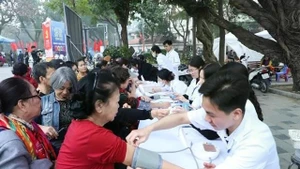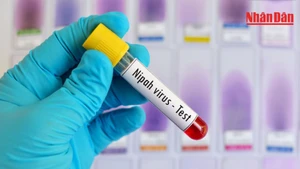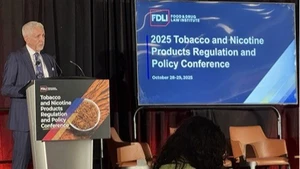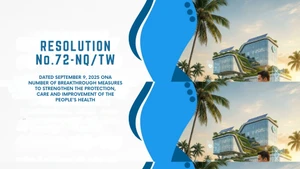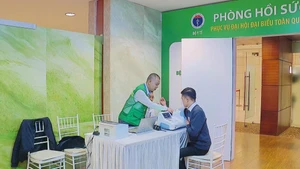104 countries have imposed excise taxes on sugary drinks
Data from the World Bank shows that the number of countries imposing excise taxes on sugary drinks has grown significantly over the past 15 years, rising from 35 countries in 2009 to 104 countries by 2023, including the six Southeast Asian countries of Thailand, the Philippines, Malaysia, Laos, Cambodia, and Brunei.
Carbonated soft drinks and energy drinks are two groups of the most commonly taxable products, with countries imposing taxes of 97.1 and 99.0%, respectively.
Thirteen countries have established a baseline sugar threshold beyond which beverages are subject to taxation — either across all drinks or for specific common categories such as carbonated drinks.
According to Dr. Angela Pratt, WHO Representative in Viet Nam, among the 104 countries implementing excise taxes on sugary drinks, 51 countries (49%) apply an absolute tax calculation method, 41 countries (39.4%) apply a proportional tax calculation method; 12 countries (11.5%) apply a mixed tax calculation method.
Among these, 44 countries apply a uniform tax rate to all sugary drinks within the taxable category, while 60 countries (56.7%) vary the rate depending on the drink’s characteristics.
In this region, three countries apply an absolute tax calculation method (Brunei, the Philippines and Malaysia), two countries apply a proportional tax (Cambodia and Laos) and Thailand applies a mixed tax method.
Viet Nam cannot delay
The consumption of sugary soft drinks is increasing alarmingly in Viet Nam, with stotal annual consumption doubling in the last decade (2013-2023), from 3.44 billion liters to 6.67 billion liters, posing many potential risks to public health.
According to doctor Nguyen Tuan Lam from the WHO in Viet Nam, sugary soft drinks, regardless of whether they are sweetened with sugar or artificial sweeteners, stimulate cravings for sweet, carbohydrate-rich foods and increase hunger, reduce the threshold of satiety, and cause addiction to sweets.
According to the doctor's recommendations, Viet Nam needs to impose a special consumption tax to regulate consumer behavior as soon as possible, especially among young people. He believes that imposing such a special consumption tax on sugary drinks is a common trend of the times, popular globally and in the ASEAN region. Therefore, Viet Nam can no longer ignore the issue.
Le Hoang Anh, National Assembly Delegate of Gia Lai Province, said that the proposed tax plan — which sets a tax rate of 8% for beverages with more than 5 grams of sugar per 100ml starting in 2027, and 10% in 2028, is too slow both in time and in quantity, not aligning with the policy’s objectives.
According to him, Thailand introduced such taxes in 2017, resulting in an immediate reduction in consumption. The Philippines and Malaysia have collected billions of dollars in tax revenues, but importantly, they have also lowered disease rates. Even small nations like Brunei and Timor-Leste have taken stronger and faster action than Viet Nam.
“If we fail to act today, we will pay the price tomorrow with the health budget, with labor productivity and with the lives of our people,” he warned.
“I propose not reducing the tax rate to 8% but keeping it at 10% from 2026 and 20% from 2030, while also introducing an absolute tax based on sugar content, following Thailand’s model,” Le Hoang Anh added.
The WHO recommends that Viet Nam needs to develop a roadmap for special consumption tax rates on sugary drinks so that by 2030 the tax rate reaches 20% of the retail price (equivalent to a special consumption tax rate of 40% at the factory price in Viet Nam). This is a strong enough tax rate to effectively protect health as recommended by the WHO.
At the same time, it is necessary to take into account the sugar content when developing tax rates to create a price difference between low-sugar drinks and high-sugar drinks, creating incentives for businesses to reduce the amount of sugar in drinks, providing the market with a variety of products with less sugar or no sugar, maintaining sales, and minimising the impact of policies on businesses.
